Party gears up for state polls with focus on cadre revival, social base expansion, and digital outreach; insiders call it BSP’s ‘Make or Break’ moment.
By Sarhind Times Political Bureau
Lucknow | October 19, 2025
In a political landscape transformed by coalition churns and personality-driven campaigns, the Bahujan Samaj Party (BSP) is preparing to reassert its identity. Mayawati, the party’s supremo and four-time Chief Minister of Uttar Pradesh, convened a national-level meeting in Lucknow this weekend to review performance, energize the cadre, and define her next moves ahead of upcoming assembly elections in Bihar, Jharkhand, and Haryana.
The meeting — described by insiders as “strategic and introspective” — marks one of the most significant reorganisations within the BSP in recent years. It comes just days after a show of strength during the Kanshi Ram Memorial rally earlier this month, where Mayawati reaffirmed her commitment to “constitutional struggle, not street theatrics.”
A Party at the Crossroads
For much of the past decade, the BSP has struggled to hold its traditional Dalit-Muslim vote base amid the aggressive expansion of the BJP and the consolidation attempts by regional rivals like the SP and Congress.
Analysts point out that despite maintaining a loyal core, the party’s vote share dipped below 13% in the last Lok Sabha elections — its lowest in 20 years. The current meeting, therefore, is not merely a routine review but a call to reinvent the BSP’s political grammar for an era of digital campaigning and coalition arithmetic.
Senior functionaries say the agenda included:
- Strengthening booth committees across non-UP states.
- Launching a digital membership drive targeting youth.
- Setting up a research and outreach cell to counter misinformation.
- Expanding alliances through issue-based collaborations rather than formal coalitions.
“Behenji wants discipline and ground contact. The emphasis is on reconnecting with rural communities while projecting a new, tech-enabled image,” said a senior BSP coordinator from Rajasthan.
Inside the Lucknow Conclave
The one-day huddle at the BSP headquarters on Mall Avenue witnessed state coordinators, zonal presidents, and district in-charges presenting reports on organisational gaps.
Each unit was asked to list three key challenges and three actionable solutions in their regions.
According to attendees, Mayawati spent over five hours reviewing presentations, occasionally interrupting to question attendance records, booth data, and financial discipline.
Her nephew and national coordinator Akash Anand, widely seen as the party’s youth face, made a detailed presentation on digital campaigning and issue positioning. He proposed a nationwide “Ambedkarite Digital Fellowship” — a social media internship for Dalit and OBC youth to amplify policy literacy.
The proposal reportedly received enthusiastic applause.
A parallel workshop, led by the party’s IT cell, introduced data dashboards for constituency tracking, aiming to mirror the analytics-backed campaign models used by larger national parties.
The Legacy of Kanshi Ram and the New BSP Language
Observers note that the Lucknow conclave reflects a transition in tone.
Gone are the days of BSP’s overt symbolism of elephant processions and blue flags; in its place is a quieter assertion through policy-driven and digitally aligned narratives.
Mayawati’s repeated invocations of Kanshi Ram’s mission—to bring the marginalized into power corridors—were intertwined with a critique of “vote-bank exploitation” by national parties.
“We are not a crowd that others rent during elections. We are the makers of this democracy,” she said during her closing address, drawing standing ovation from over 500 delegates.
She also stressed on avoiding personality cults and divisive rhetoric, saying:
“Our fight is social, constitutional, and economic—not communal.”
The Numbers Challenge
Electoral math remains daunting. In Uttar Pradesh alone, the BSP won only one seat in the last parliamentary elections, down from 10 in 2019.
Yet, what distinguishes Mayawati is her organizational depth. With over 90,000 booth committees and one of the largest ground cadres in India, the party remains a sleeping giant capable of surprise mobilization.
A recent CSDS-Lokniti survey noted that 36% of Dalit respondents still consider BSP their “natural political home,” even if they temporarily vote for other parties.
This latent loyalty is what Mayawati hopes to reactivate through this structured renewal.
Digital Frontiers and Political Communication
The BSP’s new push toward social media micro-messaging marks a departure from its historically low-profile stance.
Unlike other parties, Mayawati’s team avoided Twitter wars and televised confrontations. But the new cell — led by young IT professionals — plans to use AI-based sentiment tracking, regional-language memes, and short videos on welfare issues like scholarships, jobs, and reservations.
An internal memo reviewed by Sarhind Times outlines plans to:
- Launch BSP Connect, a mobile app for volunteers.
- Deploy regional AI bots to assist members with election schedules and grievance redressal.
- Collaborate with Ambedkarite organisations for content creation.
This marks a subtle but decisive pivot: from a slogan-driven movement to a data-driven organisation.
The Youth Equation: Akash Anand’s Rise
Within the party, the growing role of Akash Anand is unmistakable.
Educated in the UK and often compared to global political heirs like Justin Trudeau, he represents the BSP’s attempt to appeal to urban, educated youth without alienating its core.
Party insiders describe Akash’s leadership style as “consultative yet assertive.”
His roadshows in western UP and Bihar have drawn impressive turnouts, particularly among first-time voters.
However, political veterans caution against overreliance on generational branding.
“BSP’s strength lies in structure, not stardom,” said a former state president.
“Akash brings energy, but Mayawati’s discipline is still the glue.”
Opposition Dynamics: Reading Between the Alliances
Mayawati’s timing is strategic.
With opposition formations like INDIA bloc showing fractures and regional parties recalibrating alliances, the BSP senses space to reclaim Dalit representation without dependence.
Political scientist Dr. Pradeep Narayan of BHU says:
“Mayawati has always preferred solitary battles over coalition compromises. This meeting reaffirms that she’s betting on long-term relevance, not short-term seat sharing.”
However, in some states, especially Punjab and Madhya Pradesh, the BSP may explore seat adjustments with smaller Ambedkarite outfits to test tactical collaborations.
Governance, Not Just Identity
Mayawati’s renewed emphasis on administrative competence signals another shift.
In her remarks, she cited past initiatives — from Ambedkar Villages to special SC/ST schemes — as evidence that “Dalit empowerment is not tokenism but tangible governance.”
Her team plans to publish a digital compendium titled “Policy, Not Politics”, highlighting projects from her tenure.
The move aims to position the BSP not merely as a caste-based outfit but as a governance-first alternative in a polarised environment.
Voices from the Ground
At the rally’s fringes, workers from districts like Azamgarh, Fatehpur, and Sitapur shared cautious optimism.
“We joined because of Behenji’s dignity and Kanshi Ram’s mission,” said Sharda Devi, a booth worker from Sitapur.
“Now our children use mobile phones. The message must reach them where they live — online.”
In Jharkhand, a similar sentiment echoes. Local leaders there see opportunity amid voter fatigue with both BJP and Congress.
“If the BSP builds alliances with local Adivasi groups, we can alter the game,” said a district organiser from Dumka.
Analysts Weigh In
Political experts frame this revival as Mayawati’s third act — the first being her ascent in the 1990s, the second her 2007 full-majority government, and now, the digital reinvention phase.
Prof. Sudha Pai, political analyst and author of Dalit Politics in Contemporary India, notes:
“Mayawati remains a disciplined operator with unmatched organizational command. Her challenge is to translate legacy loyalty into contemporary relevance. The Lucknow meet shows she’s adapting, not retreating.”
The Road Ahead
The BSP plans statewide tours starting November 2025, themed “Samman Aur Satta” (Dignity and Power), spanning over 200 districts across seven states.
These yatras will combine on-ground grievance hearings with social media live-streams, aiming to connect digitally savvy youth with old-school ground workers — the “two pillars of revival,” as one strategist put it.
Mayawati’s message remains clear and consistent:
“We may not shout the loudest, but our roots are deepest.”
In an age dominated by spectacle politics, her insistence on constitutional ethics might seem understated — yet it could resonate as voters tire of personality cults and social-media populism.
Conclusion: Between Legacy and Leap
The Lucknow conclave signals that Mayawati’s BSP is not fading quietly but recalibrating methodically.
Her political instincts — shaped by decades of isolation and perseverance — may yet prove prescient in a country yearning for credible governance and stability.
If the BSP successfully fuses its moral legacy with digital adaptability, 2025 might mark not the twilight of its relevance, but the dawn of its reinvention.
#Mayawati #BSP #IndianPolitics #Lucknow #Elections2025 #DalitEmpowerment #PoliticalStrategy #SarhindTimes







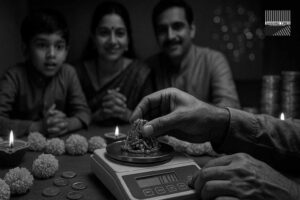



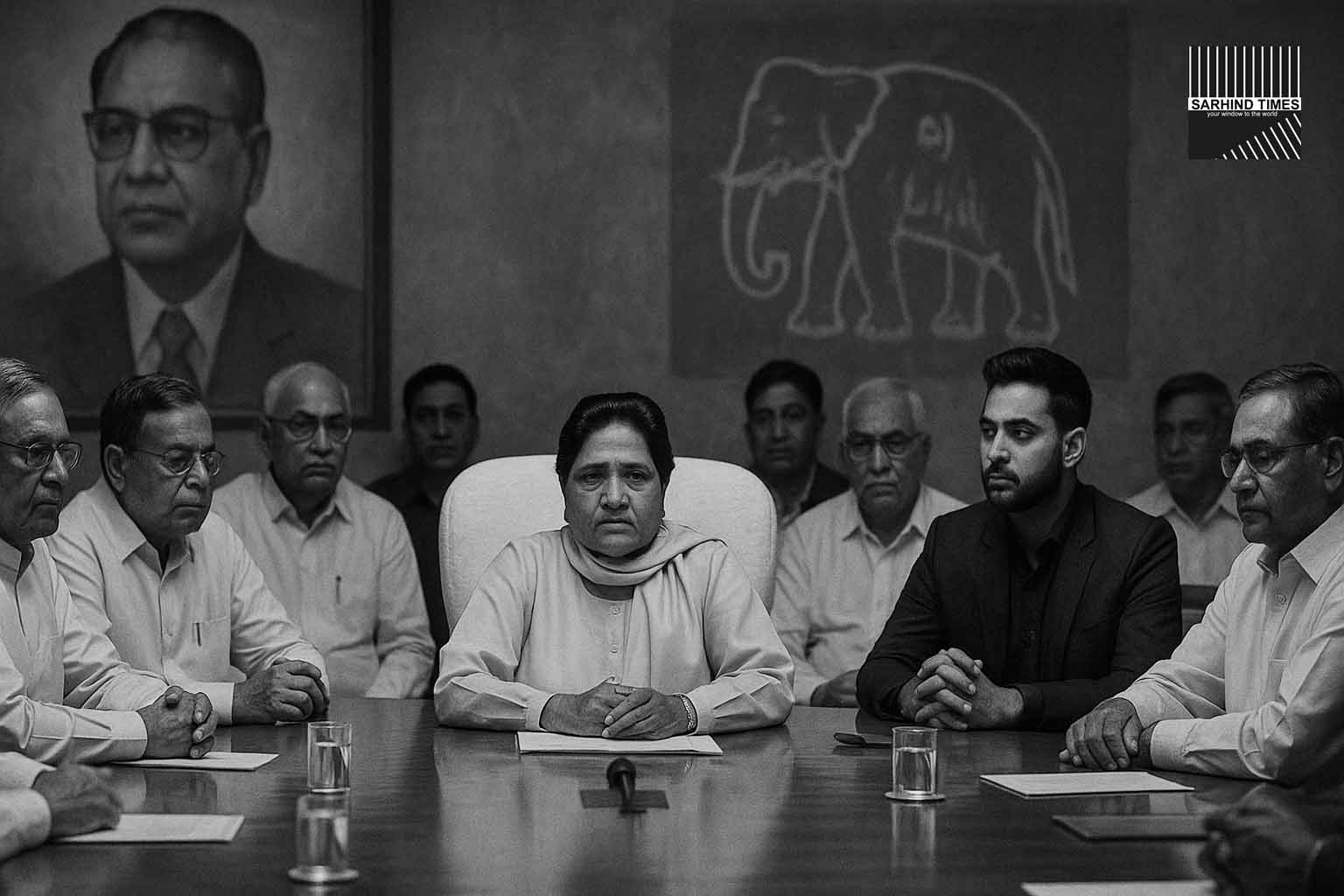
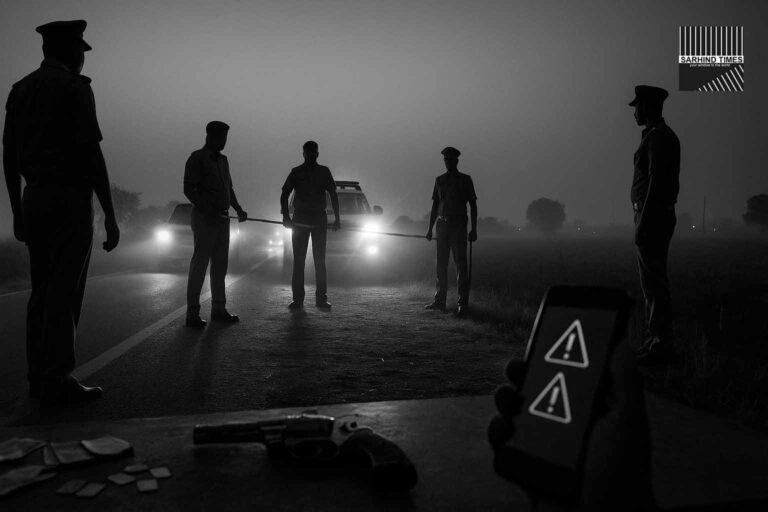

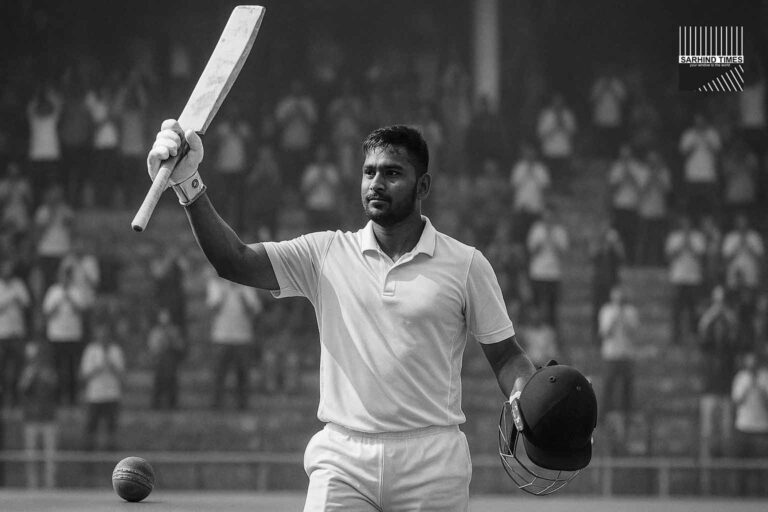
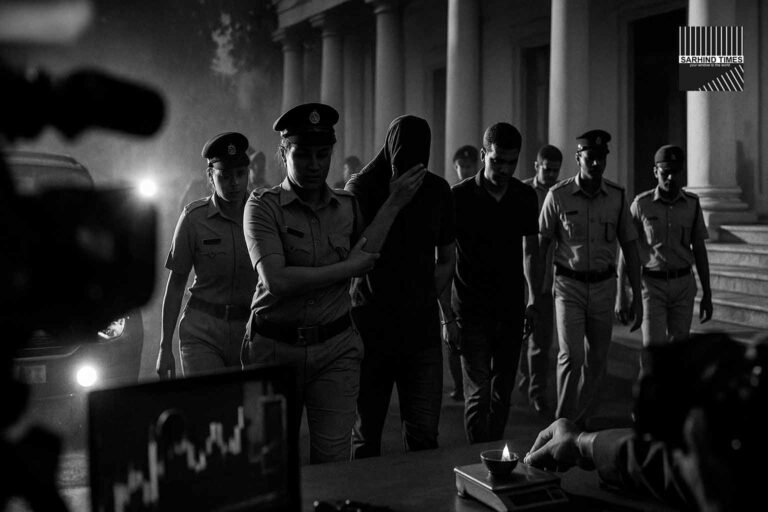

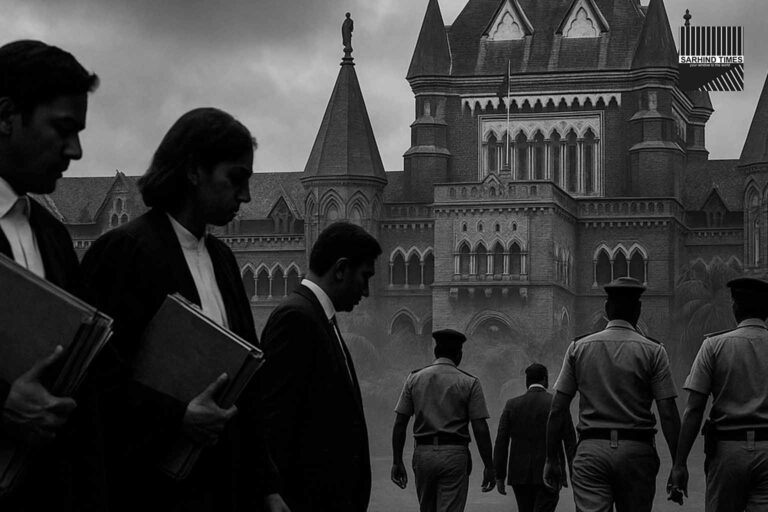






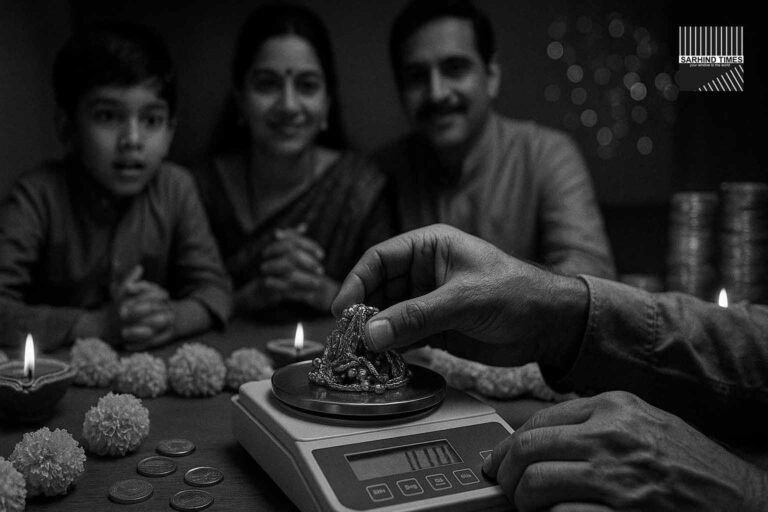
+ There are no comments
Add yours